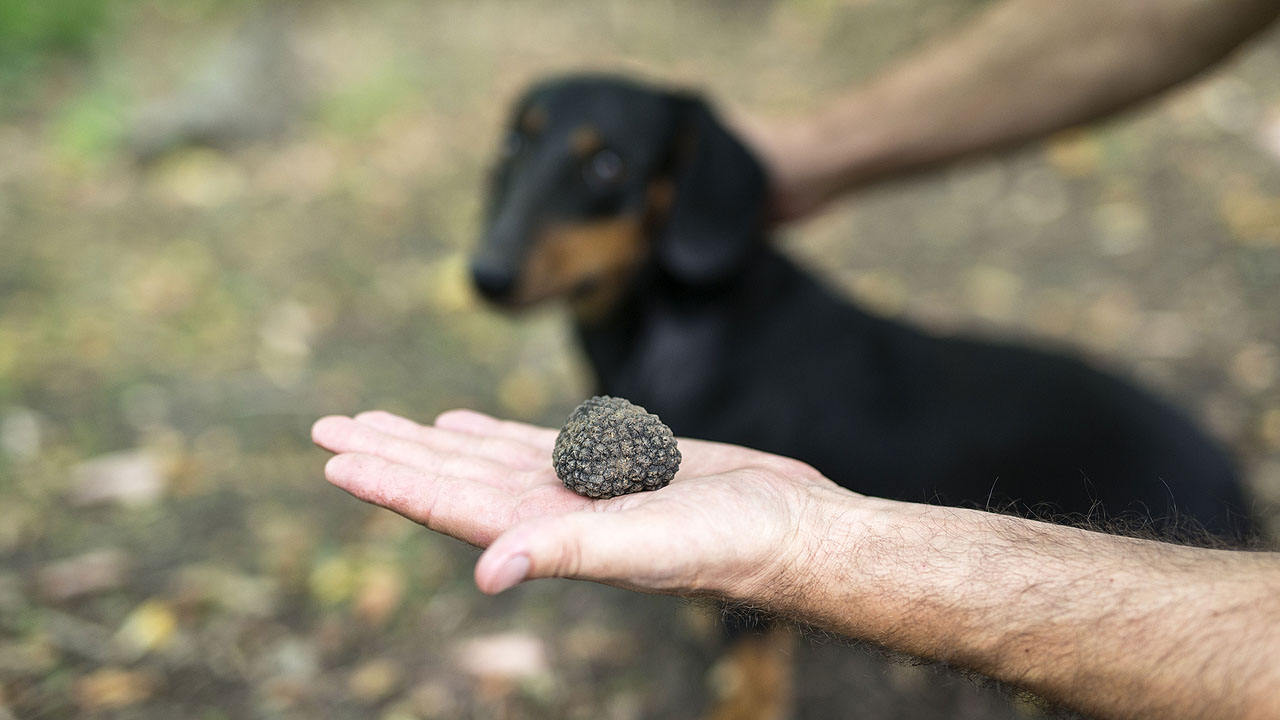From nursery to truffle cultivation

The decline in truffle production and forest productivity is one of the most important factors to be considered in a near future.
However, a decrease in forest truffle production, followed by an increase in anthropogenic pressure from wild truffle harvesting, may favour the market for cultivated truffles. The globalisation of supply is now being exploited by the processing industry as an alternative to the lack of local production, but with worrying repercussions in terms of quality (e.g. ripeness of the product supplied, contaminants, freshness, etc.).
Truffle cultivation now represents an alternative source of agricultural income, especially in marginal areas of some countries. Thanks to the professionalism of some nurserymen, the adoption of quality standards verifiable by third parties and the training of new professional figures dedicated to pre- and post-planting advice, in the last 5 years truffle growing for income (not as a hobby) has started again a positive growth trend.
Our partner ETIFOR is organising the next 'Science to Practice' event related to truffles, which will be held in online format, and mainly in Italian, on 22 December at 17:00 (local time). The programme is available here.
About
The INCREDIBLE project aims to show how Non-Wood Forest Products (NWFP) can play an important role in supporting sustainable forest management and rural development, by creating networks to share and exchange knowledge and expertise. ‘Innovation Networks of Cork, Resins and Edibles in the Mediterranean basin’ (INCREDIBLE) promotes cross-sectoral collaboration and innovation to highlight the value and potential of NWFPs in the region.
Funding
 ‘Innovation Networks of Cork, Resins and Edibles in the Mediterranean basin’ (INCREDIBLE) project receives funding from the European Commission’s Horizon 2020 programme under grant agreement Nº 774632
‘Innovation Networks of Cork, Resins and Edibles in the Mediterranean basin’ (INCREDIBLE) project receives funding from the European Commission’s Horizon 2020 programme under grant agreement Nº 774632
Contact
Email: info@incredibleforest.net or use the contact form.
We welcome your feedback!














